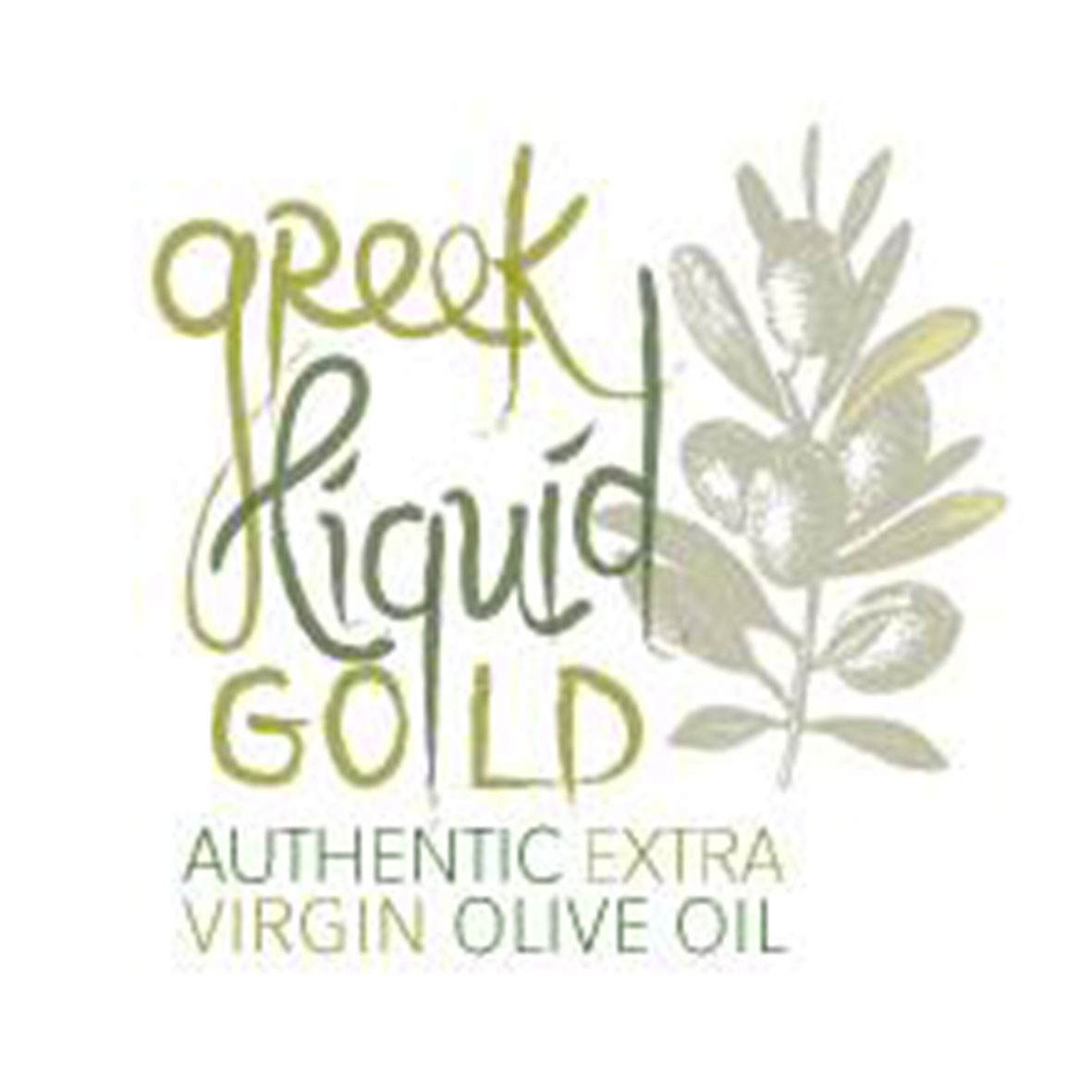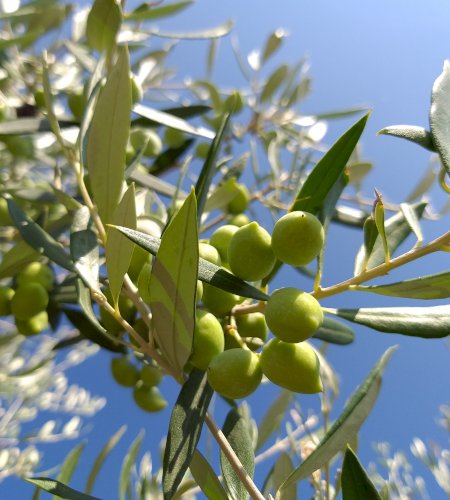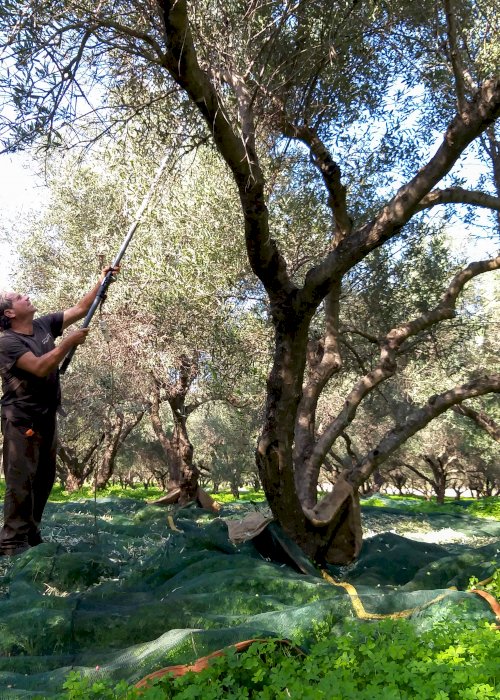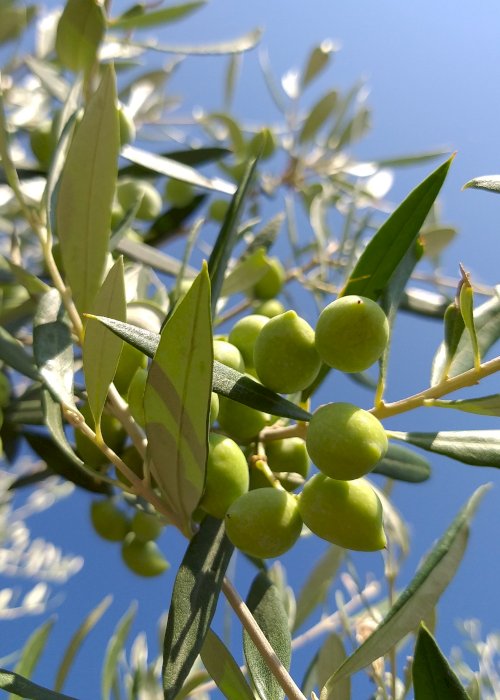That year, I discovered an American online publication called Olive Oil Times and decided to submit an article. More aware of the Greek Mediterranean diet my family consumed than the olive groves surrounding me in Crete, I started by writing about Cretan food. To my surprise, the Olive Oil Times editors soon invited me to cover the Greek olive oil sector for them.
To do that, I needed to learn a lot. That wasn't easy, given my limited fluency in Greek. I was amazed that Greece lacked an English-language website dedicated to one of its most important traditional products. So I turned to olive oil producers, exporters, marketers, tasters, judges, cooks, and consumers. I learned more than Olive Oil Times could use. The professor in me considered it a shame to keep my knowledge to myself, so I created the website that should have existed already. Greek Liquid Gold: Authentic Extra Virgin Olive Oil (www.greekliquidgold.com) was born.
Our Story
Since 2016, greekliquidgold.com has shared Greek olive oil news, information, recipes, and agrotourism and culinary tourism suggestions with readers in more than 215 countries. Over 240 original articles introduce farmers and exporters, olive mills and landscapes, facts and hints, and other facets of the Greek olive oil world.
The only wide-ranging English-language website dedicated to standardized Greek extra virgin olive oil, greekliquidgold.com has filled a gap that disadvantaged the people who work hard to make and distribute this excellent natural product. Greece produces the third most olive oil in the world on average and consumes the most per capita, making a larger percentage of extra virgin than any other country. Yet too few consumers outside Greece were aware of the excellent quality of the country's liquid gold and the stories behind it.
With social media accounts on Facebook, Instagram, and Twitter, plus posts on LinkedIn, Greek Liquid Gold also reaches out to additional readers with articles republished in the USA, Australia, Greece, Spain, and internationally. Greekliquidgold.com has been recommended and praised by Greek and American olive oil experts and embassy personnel; it has also received awards from the Association of Cretan Olive Municipalities (ΣΕΔΗΚ).
This helps greekliquidgold.com achieve its goal of helping the people who work with Greek olive oil by familiarizing travelers, consumers, and buyers worldwide with the high quality, health benefits, and many uses of a product that has been central to the Greek economy, culture, cuisine, and history for millennia.
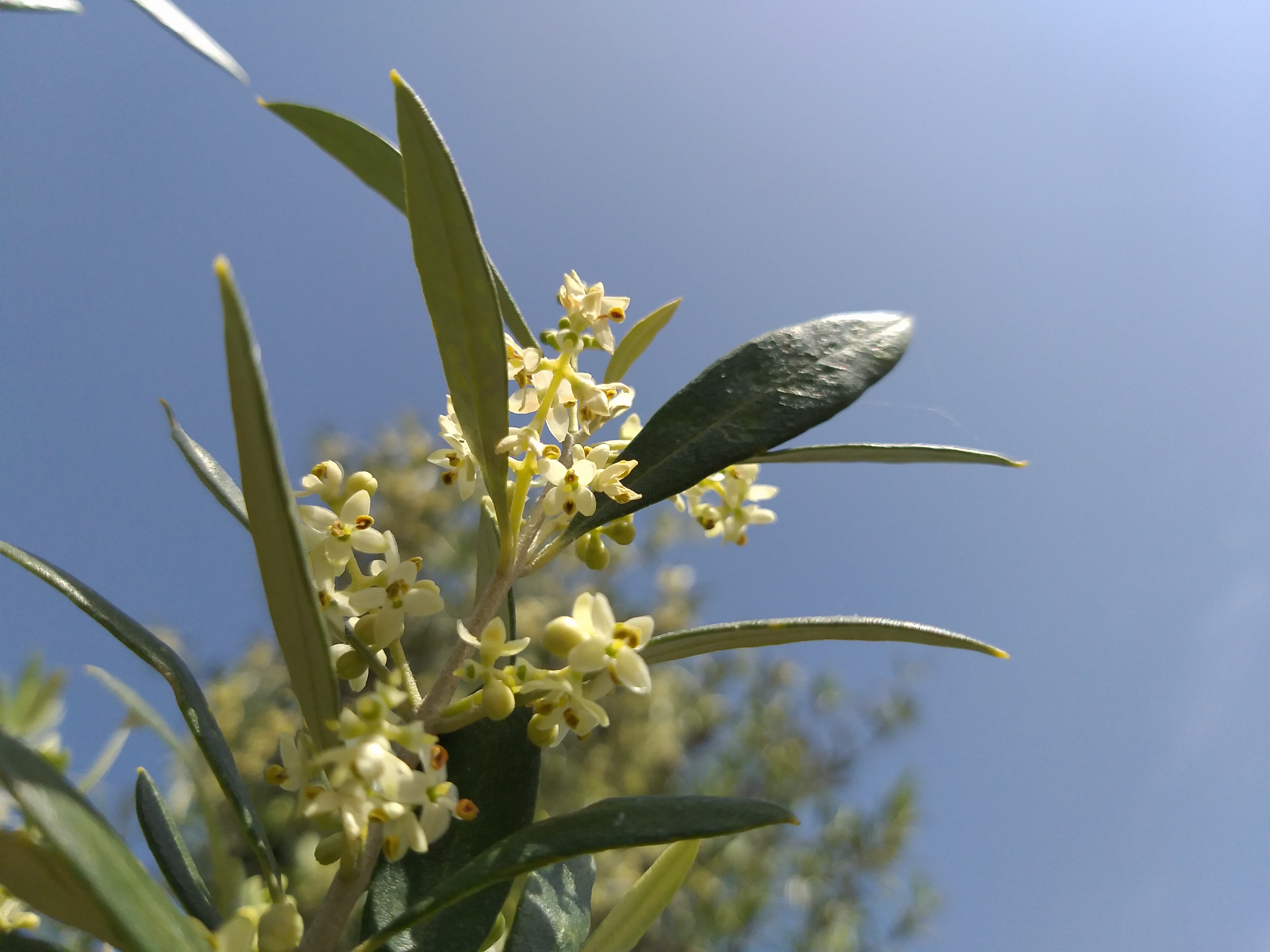
Crete
According to the internationally recognized olive oil expert Efi Christopoulou, there are 1,100,000 hectares of olive groves in Greece; they make up 79% of the fruit orchards in the country. 157,000,000 olive trees are owned by 600,000 Greek families. 80% of Greek olive groves produce the olives used to make olive oil in the country's 2,000 olive mills. Yet greekliquidgold.com is the only publication striving to cover the Greek olive oil world in English.
I work from my home in the Chania area in Crete. When I began writing about olive oil, I was astonished at how inadequately I had observed the olive groves all around me. I started taking walks in the groves next to my neighborhood, admiring the graceful curves of the olive leaves, the myriad wildflowers growing beneath them in winter and spring, the delicacy of the tiny white olive blossoms as wildflowers began to fade, and the growth of the green baby olives that started out the size of apple seeds.
I photographed the trees, branches, flowers, and olives. A local olive farmer came to expect me during his harvest in early November, which I documented year after year, as olives fell onto the green nets spread beneath the trees. I couldn't imagine how I had failed to notice all of this in more than a decade in the area. After all, I had observed friends and relatives pouring generous amounts of olive oil onto their food as they cooked and baked.
Newly aware of a rich culture based on the olive, I took advantage of agrotourism offerings in the Greek olive oil sector, visiting olive mills, meeting more olive farmers, joining them during their harvest, and watching the production process in both its traditional and modern forms. I attended olive oil tasting lessons for tourists and olive producers that were led by some of the country's foremost judges.
The importance of olive oil for Chania, for Crete, and for Greece became clear. With more agrotourism and culinary tourism activities available each year, visitors to Greece can experience firsthand what they can read about ongreekliquidgold.com.

